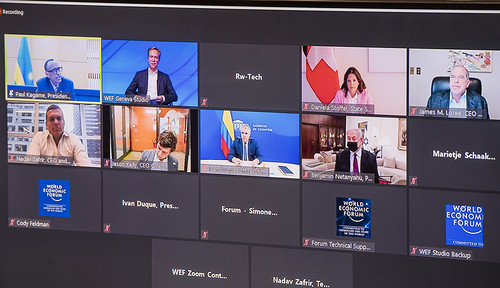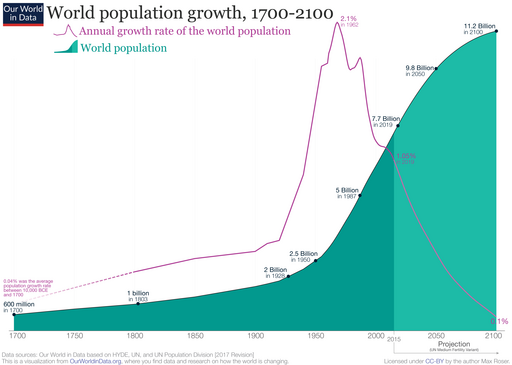
In 2020, the world’s political and economic elites gathered in Switzerland to discuss ways of restructuring society after the COVID-19 pandemic. The occasion: The 50th annual meeting of the World Economic Forum, themed “The Great Reset.”
That meeting and its theme give rise to a number of novel theories — we’re all going to be micro-chipped for constant tracking in a “social credit system” operated by a single world government, etc. — and in our 21st century authoritarian age, it’s hard to blame anyone for fearing moves in that direction.
In my view, the World Economic Forum isn’t just thinking in the wrong direction, it isn’t thinking big enough. It’s far too constrained in its goals, which revolve around bringing the world’s regimes into closer conformity with each other and with the United Nations on issues like taxes, regulations, and the bugbear du jour, climate change.
To put it a different way, The Great Reset is about finding ways to make it easier for the same people who’ve been running things for the last 400 years — since the 1648 Peace of Westphalia, when the modern “nation-state” model we live under came into existence — to remain in charge, doing the same things they’ve been doing, with even less inconvenient dissent from uppity serfs, forever and ever, amen.
In my opinion, we need a far Greater Reset than that. It’s time to tear the whole Westphalian Model down to its component parts — from its shearing of the public as sheep with taxation, to its periodic large-scale military and political holocausts, to its technocratic mismanagement and “sovereignty” disputes — and demand that those parts justify themselves or be discarded.
As a panarchist, one of the most amusing demands I run into is that I prove how, without monopoly government in the form it exists now, we wouldn’t run into the problem of … well, insert any major problem we already have.
They’ve had 400 years to solve Problem X, and haven’t. Where Problem X is concerned, the burden of proof should be on them to prove how their solution is going to suddenly, magically start working when it never has before, not on me to prove that an untried alternative will solve what they haven’t.
I don’t expect to see a free society in my lifetime, but four centuries seems like a more than generous trial period for the Davos Crowd’s alternative. It’s time to get moving toward A Greater Reset.
Thomas L. Knapp (Twitter: @thomaslknapp) is director and senior news analyst at the William Lloyd Garrison Center for Libertarian Advocacy Journalism (thegarrisoncenter.org). He lives and works in north central Florida.
PUBLICATION HISTORY


